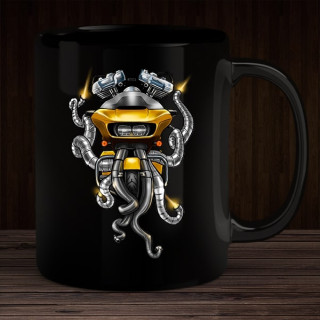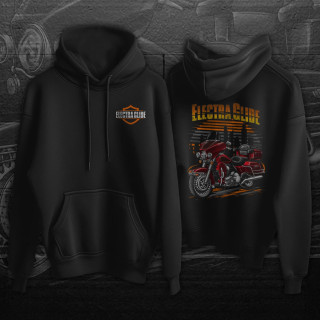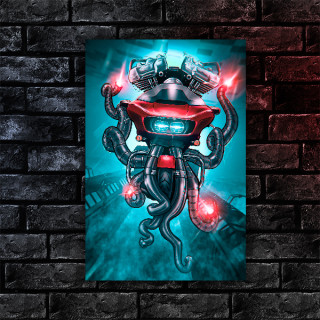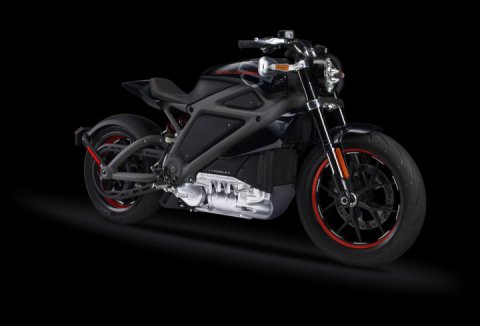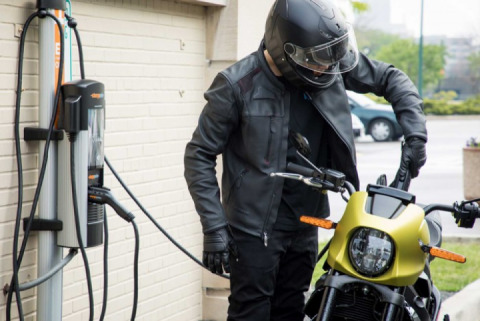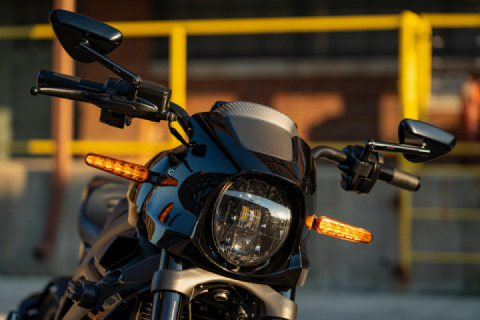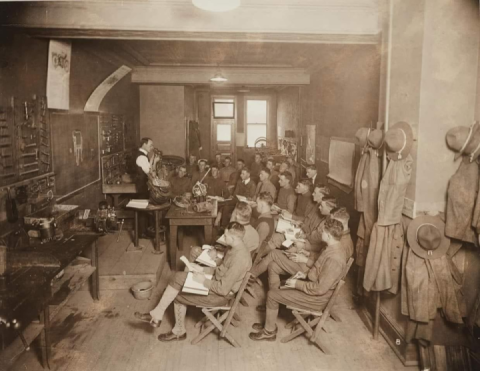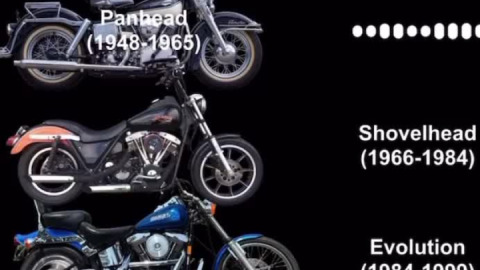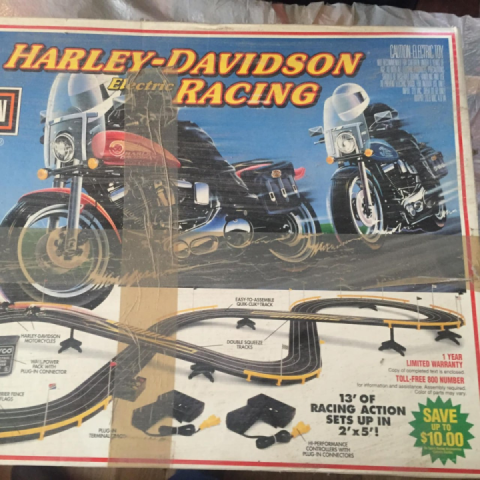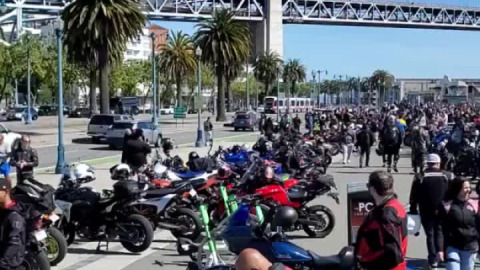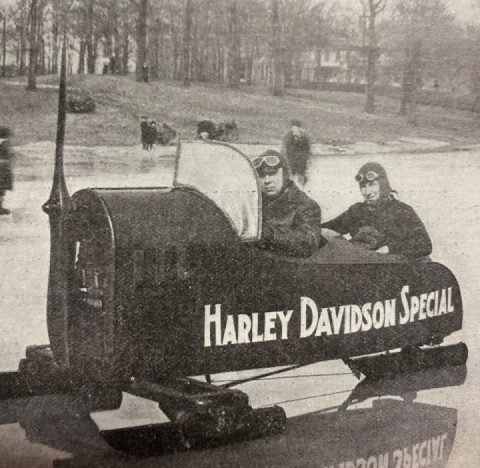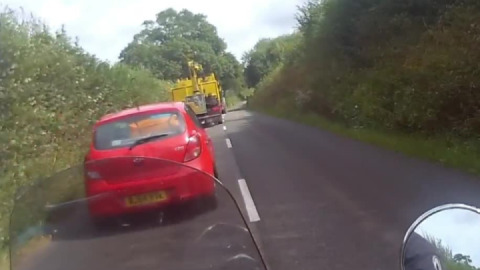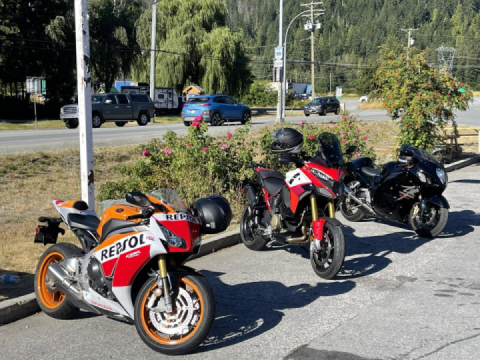Harley-Davidson is facing two separate lawsuits in California and Wisconsin from owners who claim the motorcycle company threatened to void their motorcycles’ warranties if they didn’t pay for service at H-D dealerships using factory parts. The motorcycle owners have brought two class-action suits against Harley-Davidson, Reuters reports.

These latest legal challenges come after the Federal Trade Commission ordered Harley in late June to stop telling owners that aftermarket parts would void their warranties. Threatening to void a vehicle warranty if aftermarket parts are installed is illegal under the right to repair law.
The latest class-action lawsuits claim Harley-Davidson didn’t quite break right to repair laws, but instead broke state anticompetitiveness laws in California and antitrust provisions in Wisconsin. The company did so by keeping owners locked into its ecosystem of parts, and limiting where owners could have service done, the lawsuits claim.&
If owners didn’t use Harley-Davidson parts or pay for service at dealerships, the company dangled the threat of voided warranties over their heads — helmeted, I hope. But Harley allegedly worded these threats in such a way as to circumvent violation of right-to-repair.
As Reuters outlines, the FTC took issue with Harley’s terms of service, which state that “the use of parts and service procedures other than Harley-Davidson approved parts and service procedures may void the limited warranty.”
In response to FTC questioning, H-D released a statement saying, “By law, we can’t void a customer’s warranty simply for installing another company’s parts.” The company eventually allowed owners to keep their warranty coverage even if they used third-party parts and service.
But buried in the legalese of Harley’s agreement with the FTC, the company retained the right to deny warranty claims “for defects or damage caused by unauthorized parts, service, or use of the vehicle, including defects or damage caused by the installation of unapproved or aftermarket parts.”
There’s a difference in the language there, but it’s harder to weave through — like riding a heavy bagger through a bunch of cones. Harley couldn’t void owners warranties if the owner installed aftermarket parts or went to an independent shop for service. But if those unauthorized parts or indie shops were found to be the reason the bike broke, well then, those Harley owners would be out of luck.
And who’s the arbiter of those claims? Harley itself. See the problem?
The threat alone made members of the class-action suit in California believe that aftermarket parts or service were out of the question. And the suit in Wisconsin argues along similar lines: Bike owners were encouraged to pay for overpriced parts and service, simply by the threat of lost warranty coverage.
Under the Magnuson-Moss Warranty Act, it’s illegal to make a vehicle’s warranty coverage contingent on dealer service or factory-approved parts. Such actions also run afoul of antitrust laws, since they limit competition. If the bike owners win their class-action lawsuits, Harley-Davidson will have to pay an unspecified amount in damages.
Sourse: jalopnik
#HD #Bike #Moto #Harley








